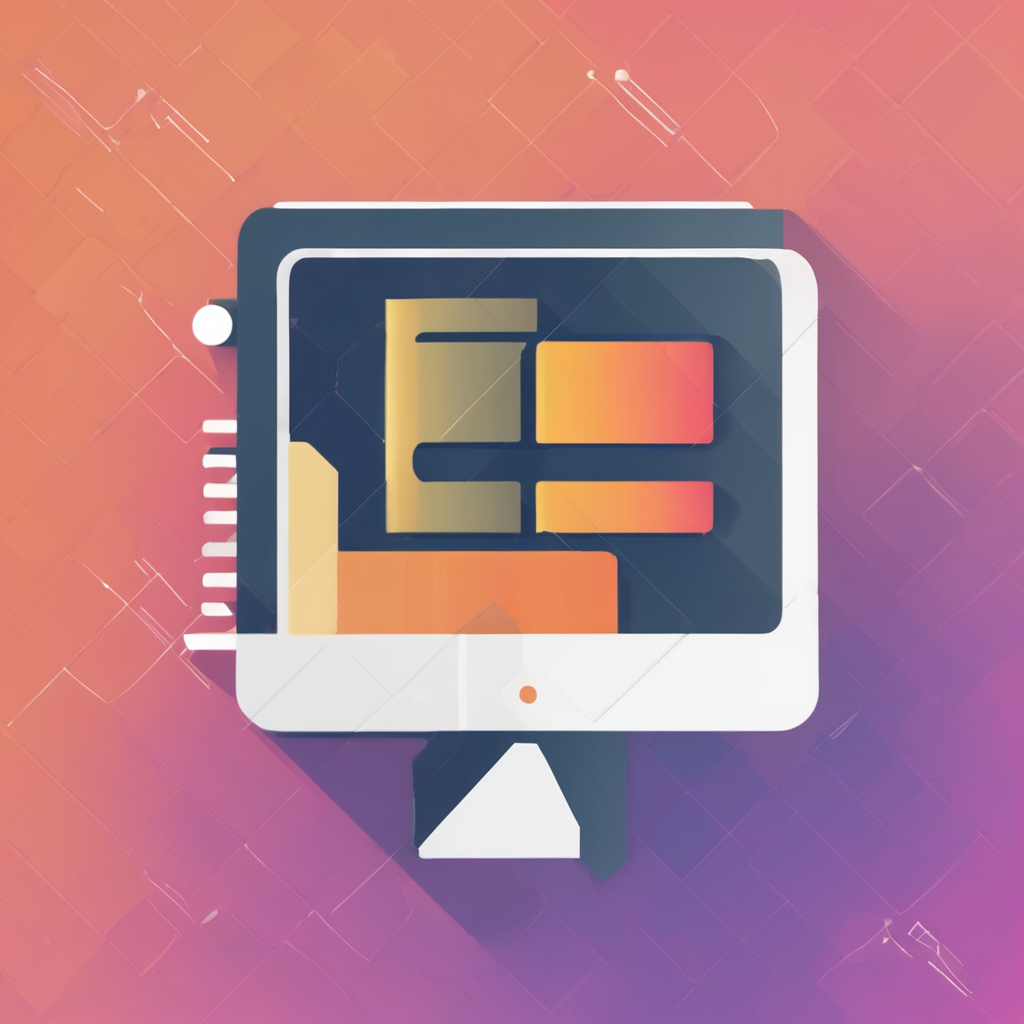Practical Ways AI Transforms Computing Marketing
Artificial intelligence (AI) has revolutionized how companies approach computing marketing by integrating smarter tools that deliver measurable results. One of the most impactful benefits of AI in marketing is its ability to drive personalization and targeting more precisely than traditional methods. AI algorithms analyze vast quantities of customer data to tailor marketing campaigns to individual preferences and behaviors. This means advertisements, emails, and product recommendations can be dynamically adjusted, increasing engagement and conversion rates significantly.
Another essential aspect of AI in computing marketing is the enhancement of marketing automation. AI-powered automation tools handle repetitive tasks such as email scheduling, social media posting, and ad bidding with greater speed and accuracy. This reduces manual work, allowing marketing teams to focus on strategic initiatives. Additionally, automation ensures campaigns run more efficiently, with fewer errors and more consistent timing.
Additional reading : How Does UK Computing Enhance Digital Marketing Strategies?
AI also excels in extracting valuable insights from complex data sets through advanced analytics. By leveraging artificial intelligence strategies for business, marketers can identify trends, customer sentiment, and campaign performance in real time. These data insights empower marketers to make informed decisions quickly, optimizing strategies and improving ROI. Overall, the integration of AI brings smart, data-driven solutions that reshape marketing practices, creating measurable advantages for businesses adopting these technologies.
Actionable Tactics for Implementing AI in Computing Marketing
Maximizing impact with AI marketing tactics
Also to see : What are the best practices for mobile-first marketing in the UK?
Implementing AI marketing tactics offers transformative opportunities for computing businesses aiming to stand out in a competitive market. One powerful approach is leveraging AI-powered content personalization strategies. By analyzing user behavior and preferences, AI tools for marketers can tailor product recommendations and marketing messages uniquely to each customer, greatly enhancing engagement and conversion rates. This dynamic personalization surpasses traditional segmentation methods, delivering more relevant experiences that resonate on an individual level.
Automation in computing business processes also plays a pivotal role. Automated lead generation, driven by AI algorithms, scans vast data to identify high-potential prospects without constant human intervention. Combined with AI-powered customer engagement tools, this automation accelerates response times and nurtures leads more efficiently. Such systems analyze conversational cues to adapt outreach, ensuring interactions feel timely and personalized rather than robotic.
Furthermore, integrating AI analytics into marketing decisions empowers teams with actionable insights extracted from complex data sets. These analytics provide precise performance metrics and predict trends, enabling marketers to optimize campaigns and allocate resources smartly. By embedding AI analytics in workflows, computing businesses can base their strategies on real-time data rather than intuition alone, leading to more efficient and effective marketing outcomes.
Real-World Examples of AI in Effective Computing Marketing
Real-world AI case studies show how artificial intelligence transforms marketing in the computing industry. One compelling case involves AI improving customer segmentation for computing services. Traditionally, marketers relied on broad demographic data, but AI analyzes behavioral patterns, purchase history, and real-time interactions. This allows companies to create highly personalized campaigns, targeting niche audiences with precision. As a result, businesses see increased engagement and higher conversion rates.
Another powerful example demonstrates how predictive analytics—a subset of AI—boosts campaign ROI in tech businesses. By processing historical campaign data and external market trends, AI models forecast customer responses and optimal timing for outreach. This forecasting enables marketing teams to allocate budgets more efficiently, focusing on strategies most likely to succeed. Many computing companies report significant increases in ROI, often exceeding 30%, after incorporating predictive analytics into their marketing efforts.
These examples of AI in marketing highlight tangible enhancements in performance metrics and strategy refinement. They underscore the growing importance of AI-driven tools in gaining a competitive edge within the computing industry marketing space.
Key Benefits and Challenges of Leveraging AI in Computing Marketing
Artificial intelligence (AI) offers substantial benefits in computing marketing, notably by increasing campaign ROI and boosting marketing effectiveness. By automating data analysis and personalizing content, AI enhances targeting precision and drives better customer engagement. This results in more efficient allocation of budgets and improved conversion rates.
However, alongside these advantages come challenges. Issues with data quality can limit AI’s performance, especially when datasets are incomplete or biased. Integration of AI tools into existing marketing platforms can also present technical hurdles, requiring careful planning and resources. Moreover, the ethical considerations related to user privacy and transparency add complexity to AI deployment.
Despite these challenges, the AI impact on marketing creates significant opportunities to elevate customer experiences. Through real-time insights and predictive analytics, brands can anticipate consumer needs and tailor interactions accordingly. This fosters stronger relationships and loyalty, illustrating the remarkable potential of AI in transforming marketing strategies.
Understanding the risks and opportunities of AI involves acknowledging these benefits and challenges together. Successful adoption depends on addressing data and ethical issues while leveraging AI to maximize marketing performance and customer satisfaction.
Best Practices and Essential Tools for AI Marketing in the Computing Sector
Mastering AI marketing tools is crucial for businesses in the computing sector aiming to stay competitive. Selecting the right platforms and software can significantly streamline campaigns and improve targeting precision. Popular AI marketing tools offer capabilities like predictive analytics, customer segmentation, and personalized content delivery, which are essential for tech-driven marketing strategies.
When considering best practices for AI adoption, businesses should prioritize a structured implementation plan. This includes training marketing teams to understand AI functionalities, aligning AI initiatives with overall business goals, and ensuring data quality. Establishing clear objectives at the outset helps in mitigating risks associated with AI implementation and fosters smoother integration within existing marketing workflows.
Measuring and optimizing AI-driven marketing performance demands continual review and adjustment. Leveraging performance metrics derived from AI tools allows marketers to identify what drives engagement and conversions. In the computing sector marketing landscape, this means focusing on metrics such as customer acquisition costs, click-through rates, and ROI tied directly to AI campaigns. Continuous optimisation ensures that AI marketing tools deliver maximum value and adaptability to evolving market demands.


